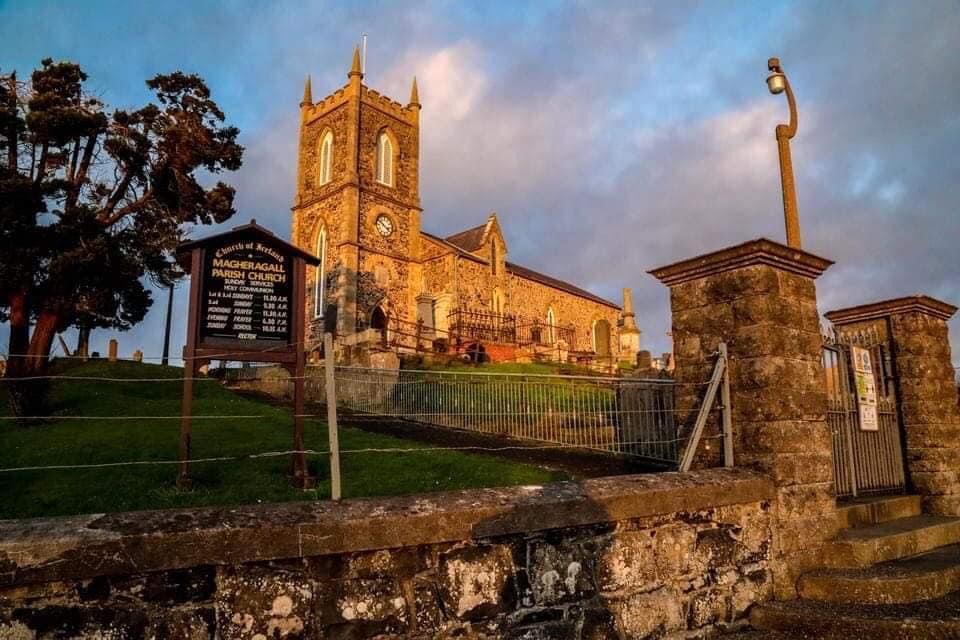6 But Timothy has just now come to us from you, and has brought us the good news of your faith and love. He has told us also that you always remember us kindly and long to see us — just as we long to see you. 7For this reason, brothers and sisters, during all our distress and persecution we have been encouraged about you through your faith. 8For we now live, if you continue to stand firm in the Lord. 9How can we thank God enough for you in return for all the joy that we feel before our God because of you? 10Night and day we pray most earnestly that we may see you face to face and restore whatever is lacking in your faith.
11 Now may our God and Father himself and our Lord Jesus direct our way to you. 12And may the Lord make you increase and abound in love for one another and for all, just as we abound in love for you. 13And may he so strengthen your hearts in holiness that you may be blameless before our God and Father at the coming of our Lord Jesus with all his saints.
Meditation
Acts 17 gives the background to the Thessalonian conversion and to the letters Paul subsequently wrote to them. The preaching of the gospel provoked fierce opposition in Thessalonica and Paul and his companions had to flee, pursued all the way to Beroea by their attackers. The Thessalonian Christians also paid a high price for their reception of the gospel, and this is presumably why, here in chapter 3, Paul is lamenting his inability to pay them another visit just yet: he does not want to exacerbate the persecution against his beloved community.
But his great fear is that the Thessalonians will interpret this opposition wrongly, and will be discouraged, rather than remembering what Paul has told them about persecution as sign of participating in the eschatological struggle. From v. 6, we read an outpouring of loving relief as Paul hears Timothy’s report of the steadfast faith of the community at Thessalonica. It is touching that Paul is almost equally delighted to hear that they still love him, as well as God. There is something profoundly moving in reading about the gift that this community were to Paul, their affirmation of him both as an apostle and as a human being.
It is from this place of overwhelming joy that Paul prays over this congregation (vv. 11-13). He prays that the Father they share and the Lord they serve will enable them to meet again, because the Lord is the reason why they know each other, love each other, belong together. The beneficent economy of love operates in those who have become God’s children, so that Paul’s love for them increases their love for each other, and all of this as the work of the Lord. Paul and the Thessalonians are fulfilling Jesus’ prayer in John 17 by demonstrating the love of God.
♱
Dr. Jane Williams is McDonald Professor in Christian Theology at St. Mellitus College. She is also an editor, a sought-after public speaker, and is involved in promoting theological education in the Anglican Communion. She is the author of a number of books, including The Art of Advent (SPCK, 2018).
9DEAEBDD-A4DD-47D8-B596-A18F70C03E21.jpeg



